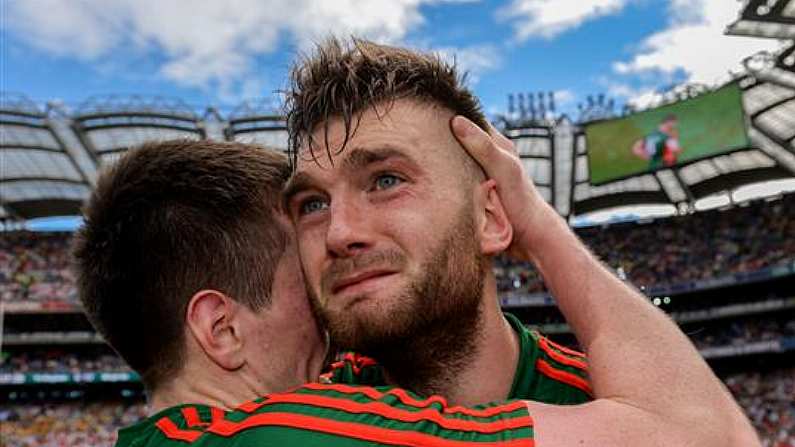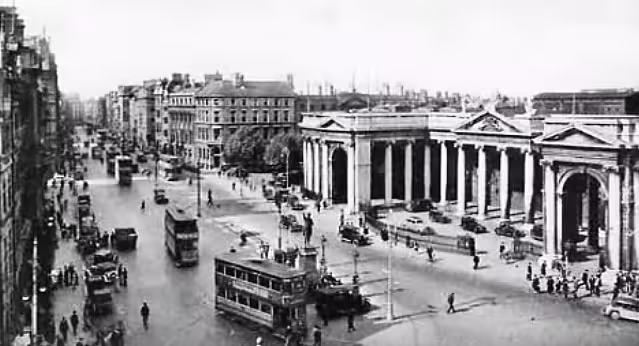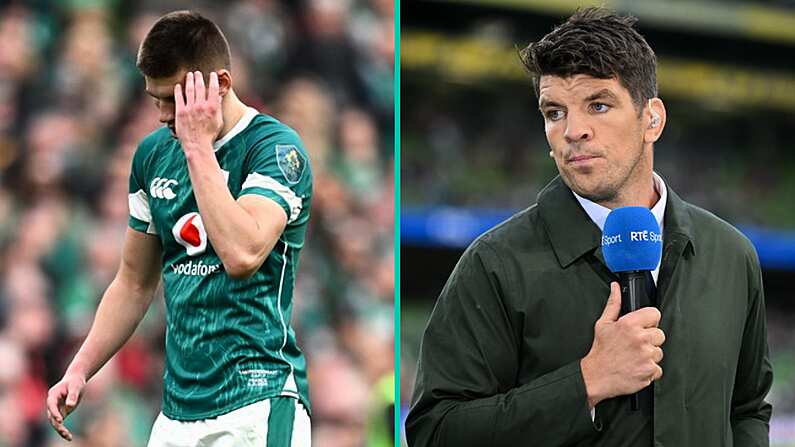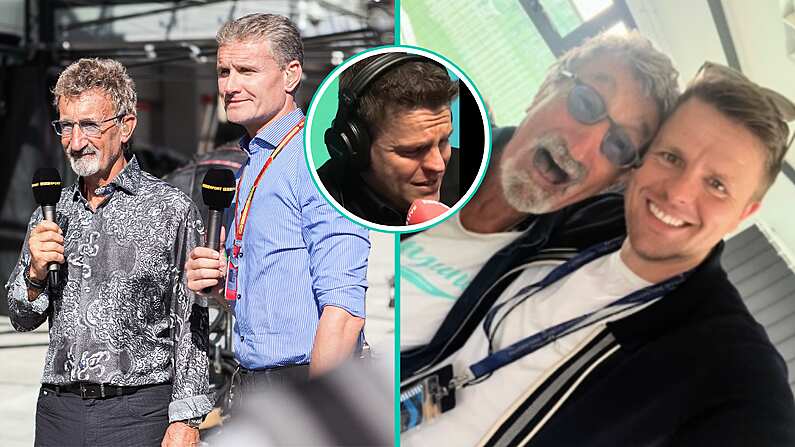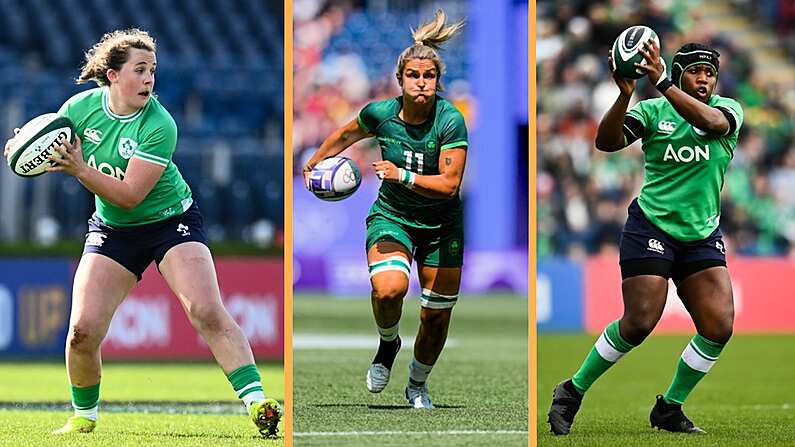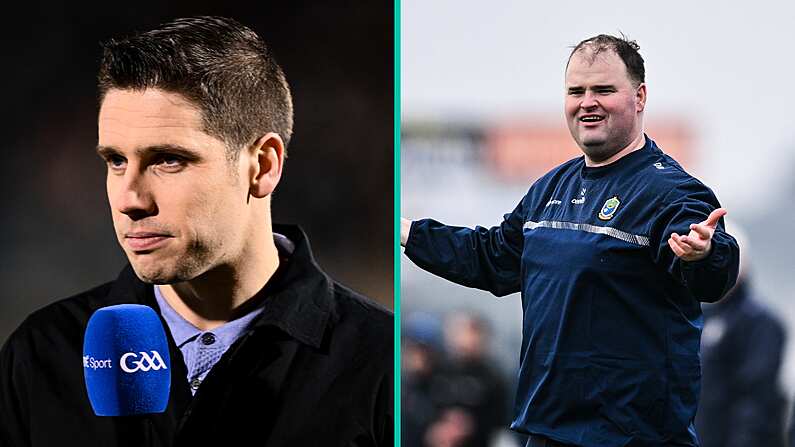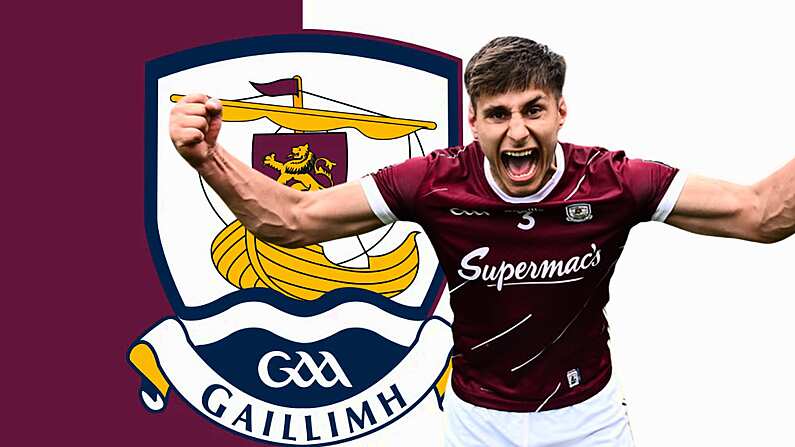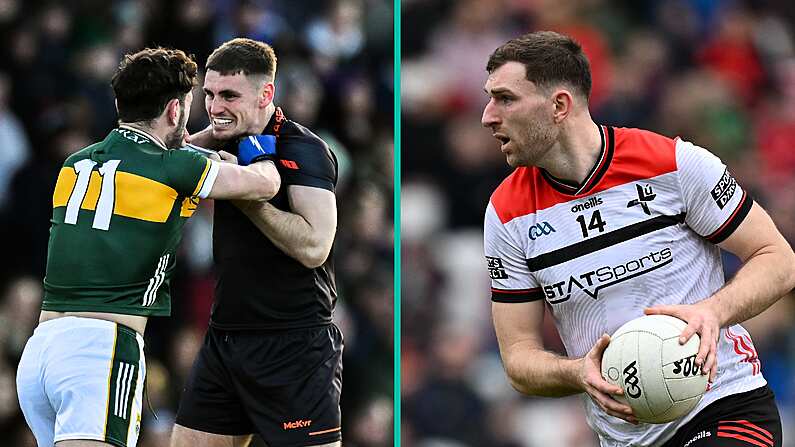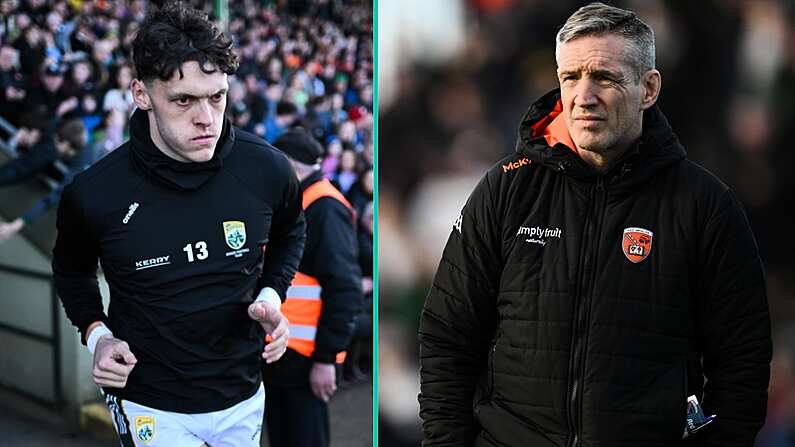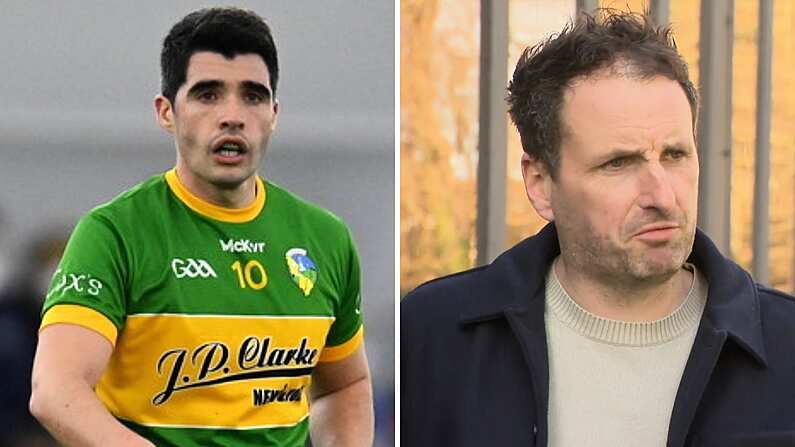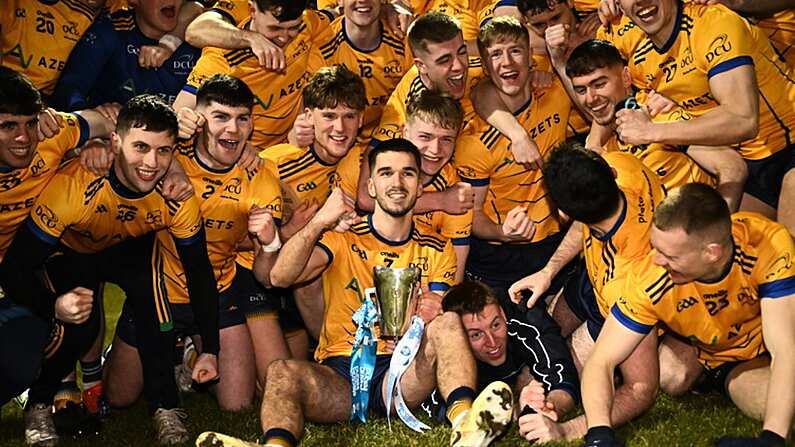Before he became more enamoured with Dublin, its streets, its people and charms, capturing the strange urban beauty of the place in poems like 'On Raglan Road' and 'Canal Bank Walk', the great Patrick Kavanagh used to refer to the "heartless philistines" of "malignant Dublin".
He would gaze at the Establishment in Dublin and perpetually feel like an outsider. Underappreciated. Standing outside the fence. Dublin represented a world outside rural Ireland, a world with politics and money and power; a world misunderstood and mistrusted until one got to know it. Dublin loomed large over the rest of the country, a place so far away you would rarely venture to it except in dreams and tales. A foreign land.
Still a part of everyone from outside Dublin shares a kind of mutual understanding of what it means to be from outside the city. To approach it with a kind of nervousness; to gaze upon its inhabitants and be totally aware that you are an outsider. Until, eventually, the city and its noise and colour envelops you and you grow to love it. Or hate it.
And that is what this Mayo team somehow encapsulate. Ceaselessly they dare to leave their familiar surrounds to venture to the capital city, home of the Establishment, and take on its endless wealth and population and its seemingly impenetrable representatives on the playing field. They do what all of us from outside Dublin have done and take a deep breath, wave goodbye to what they know and jump into the menacing dark.
Underdogs - that is what they are. And what we are.
It is something that lies deep within all of us that dwell on this strange little land, something that is welded to our subconscious, passed down from generation to generation since we were a nation of underdogs fighting under the powerful thumb of a higher Establishment. We have embraced this side of ourselves and transformed it into a character trait, something we are proud of. Something that defines us.
And when Mayo stepped onto the Croke Park pitch with no right to win against Jim Gavin's seemingly unbeatable blue army, we sensed it in them and warmed to it.
We have seen how they have suffered and dealt with unreplenished hunger; how long they have born the strain of what they don't have. And even in modern Ireland, with its growing secularity, that part of Catholicism still lingers within us; a part of us that has an appreciation of and awareness of what it is and what it means to suffer. In the past we might have got a sort of spiritual fulfilment out of it, but now it is a reminder of a time in history when we as a people were shackled to something we couldn't control.
We look at this Mayo team and remember great swathes of time when our ancestors yearned deeply - at times for something greater, at times for something simpler - and we want, so badly, for their need to be satisfied.
In this Mayo team, we see a part of ourselves wedged in a time that we wish to forget, a time not far removed from when they last tasted relief.
How badly we want them to be satisfied, so that we, as well as they, may move blissfully on.

